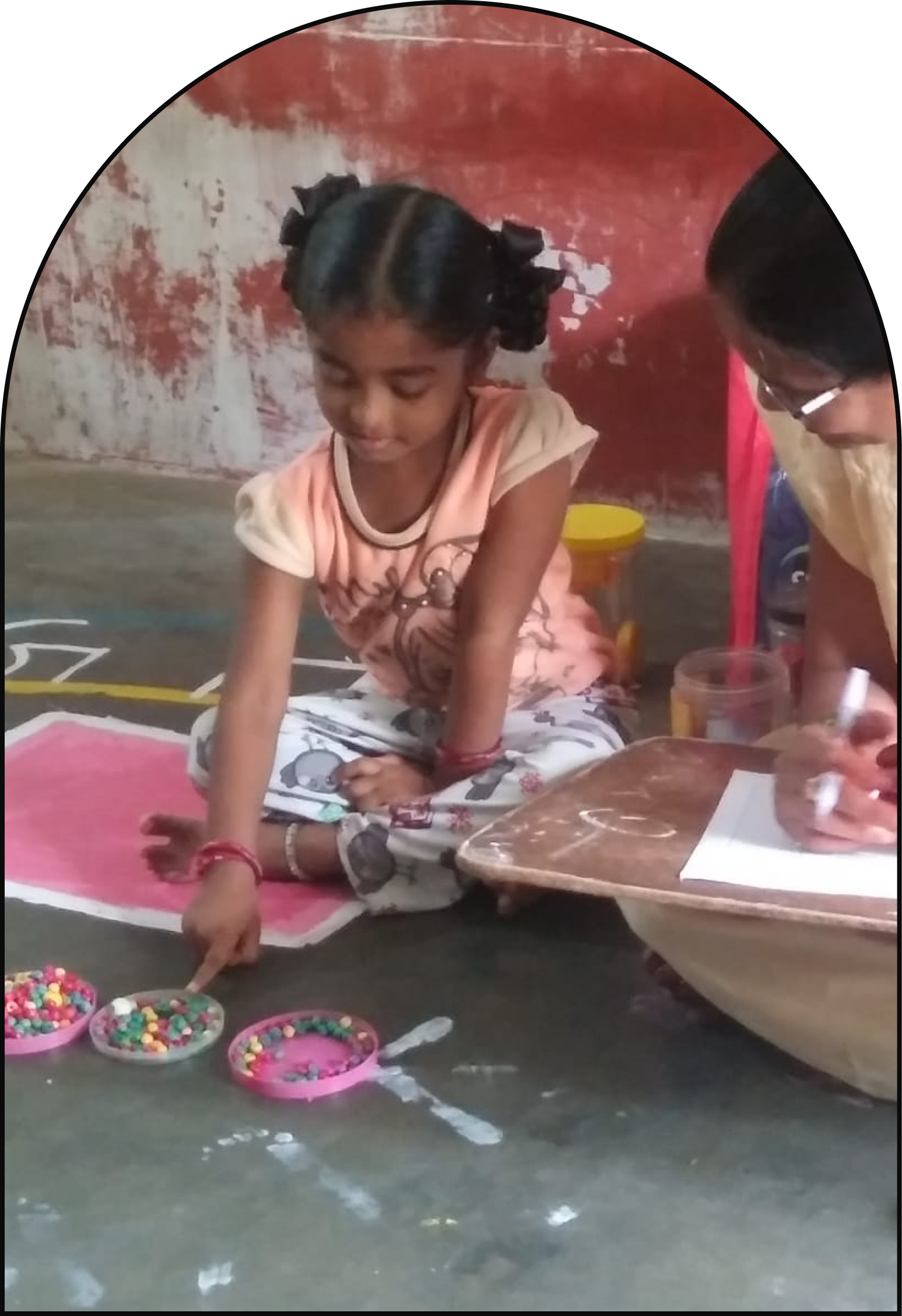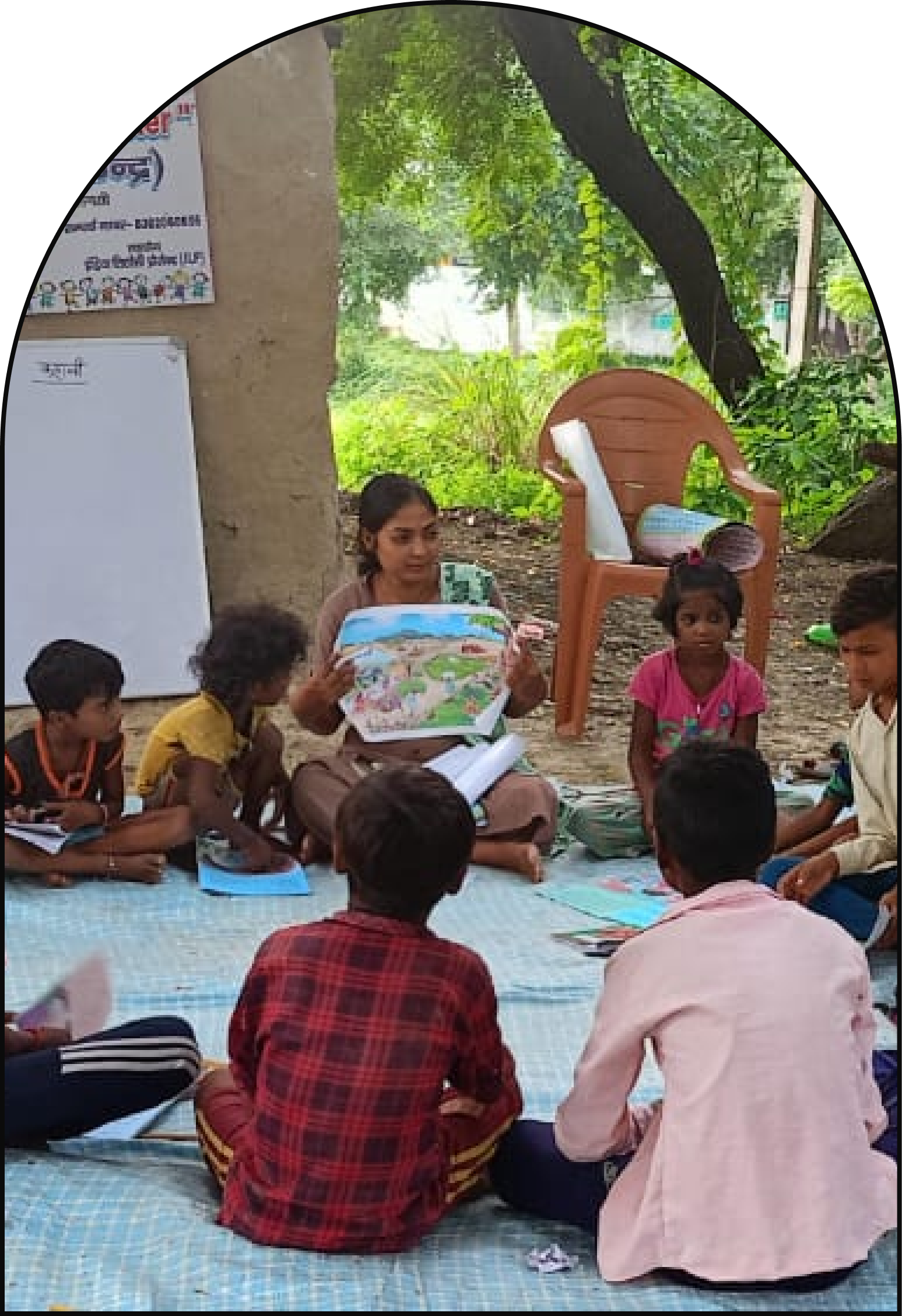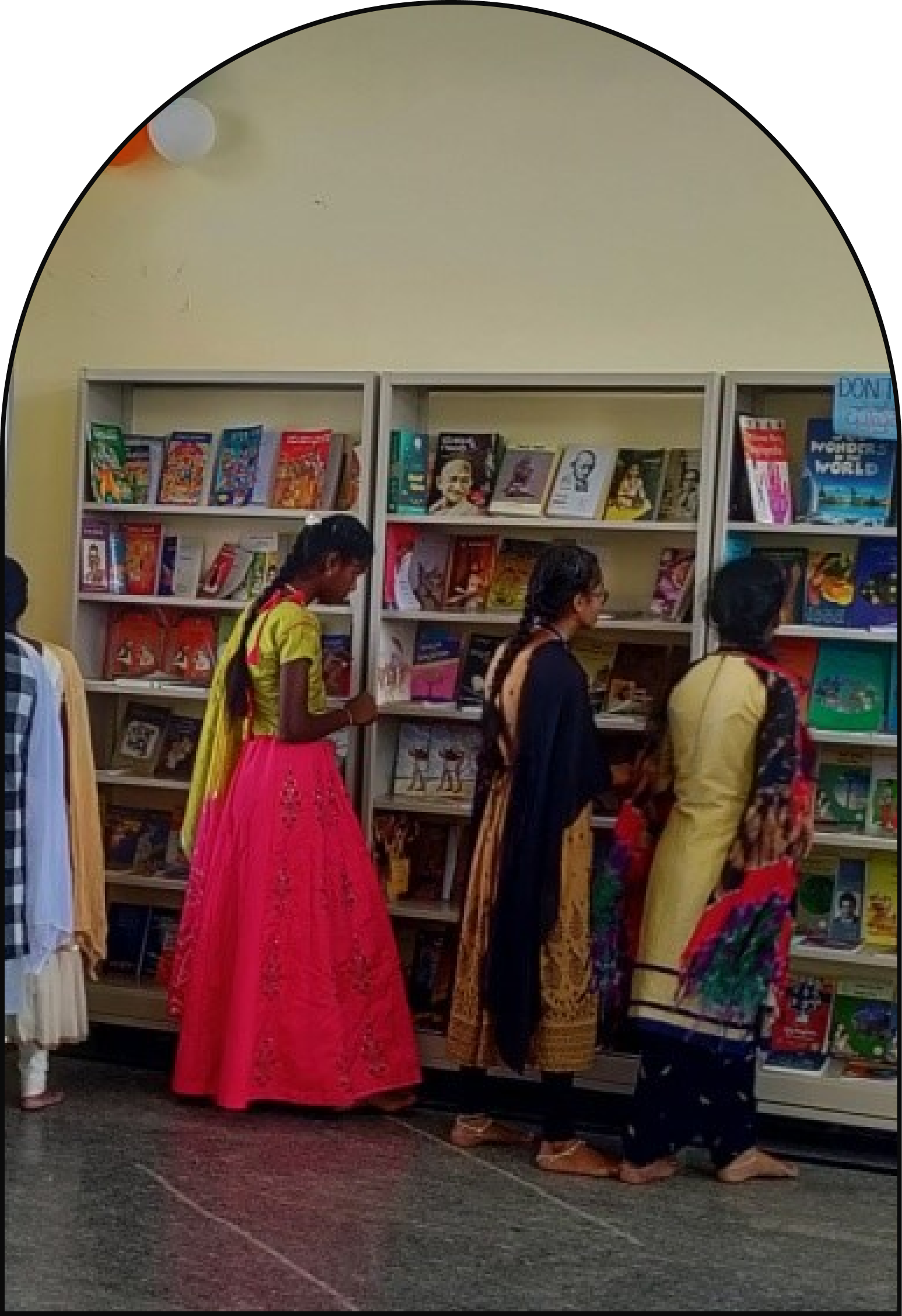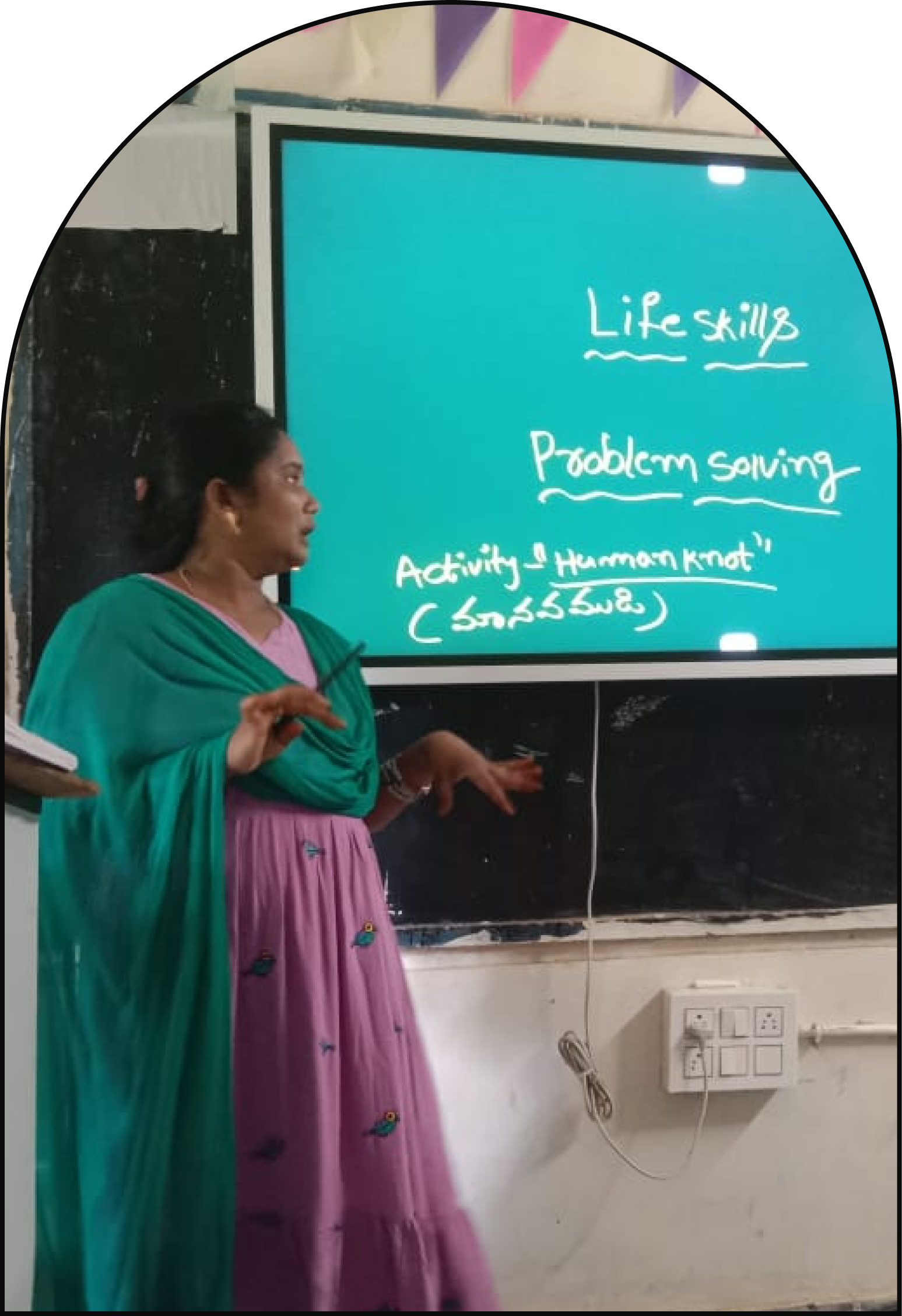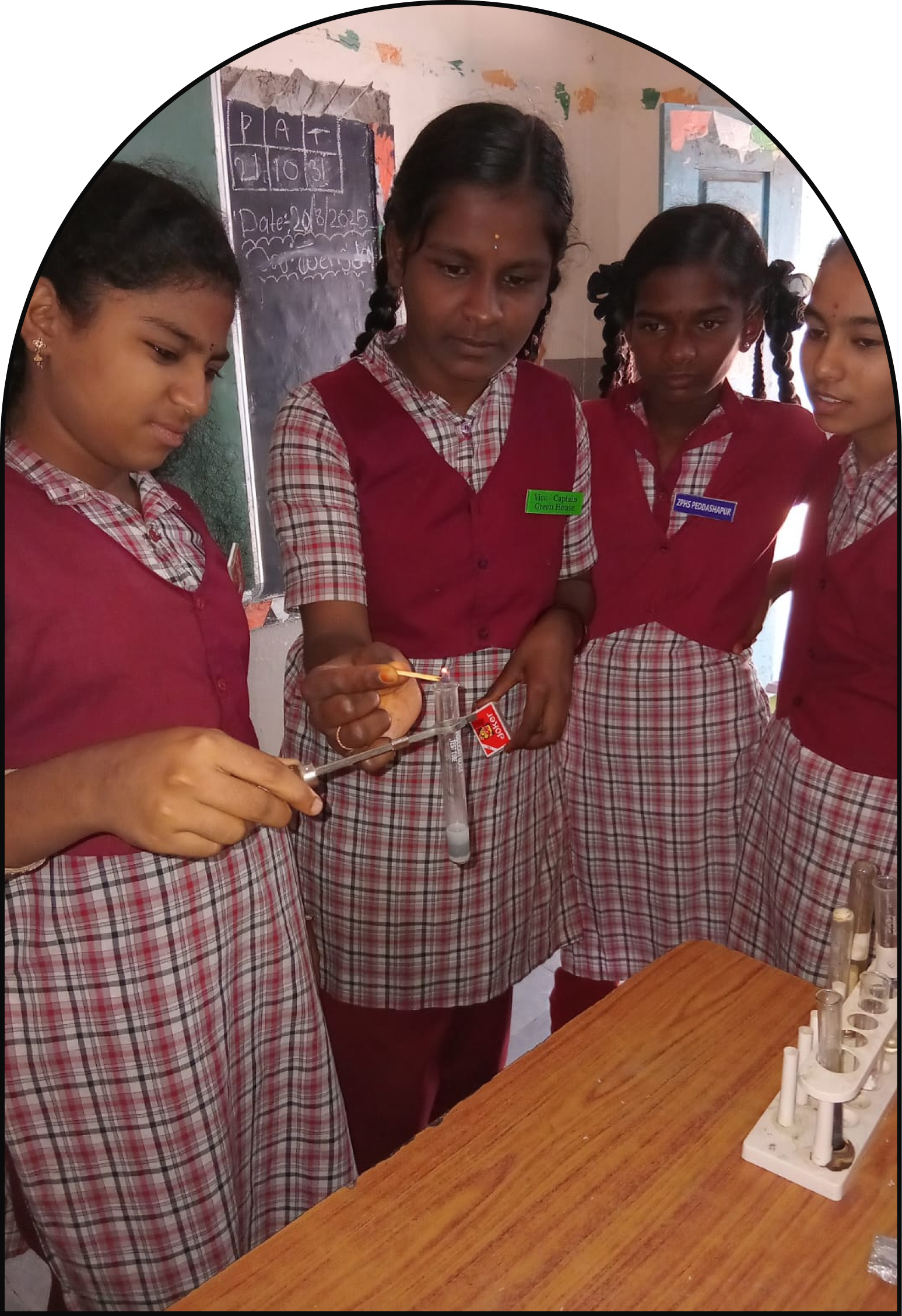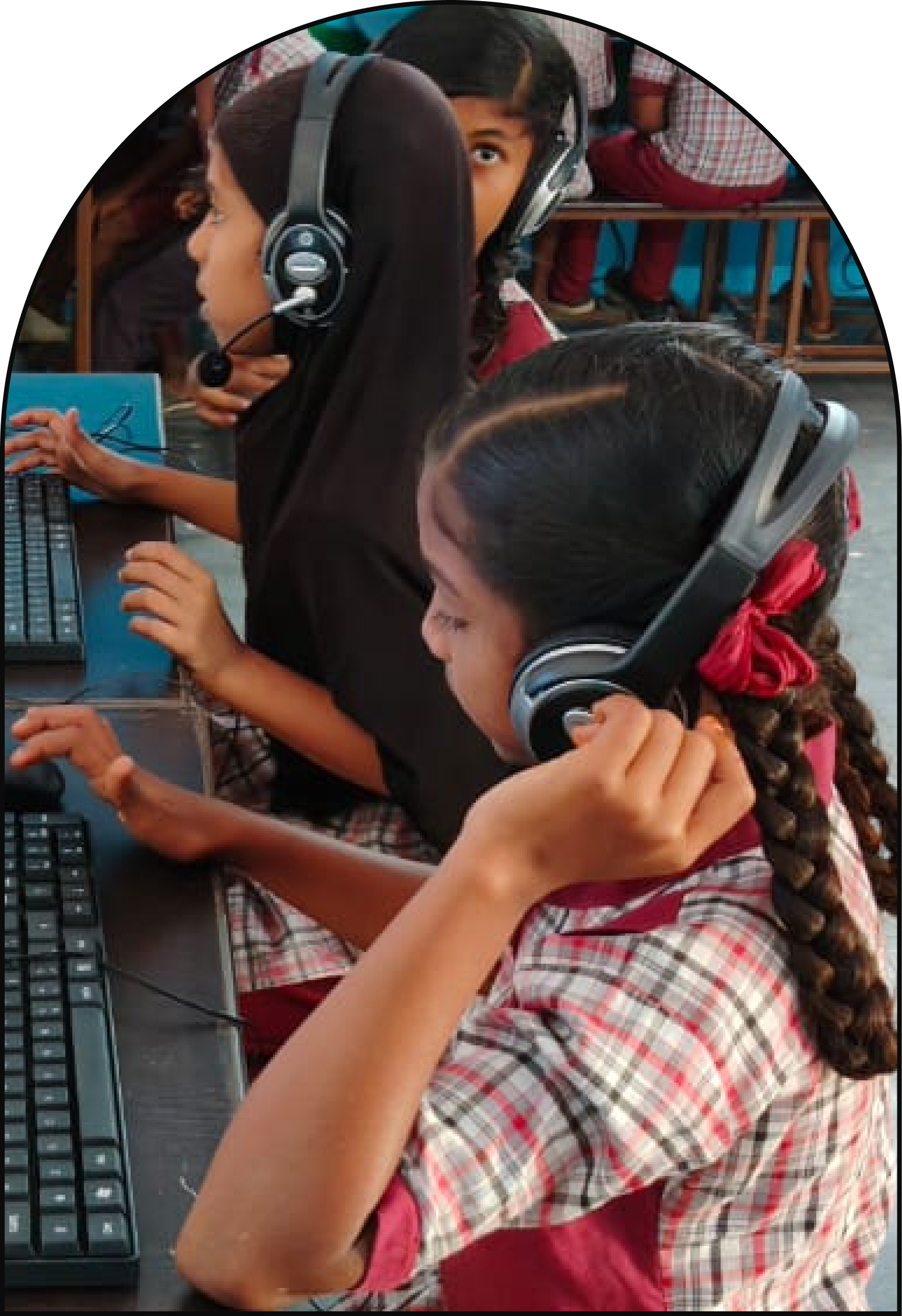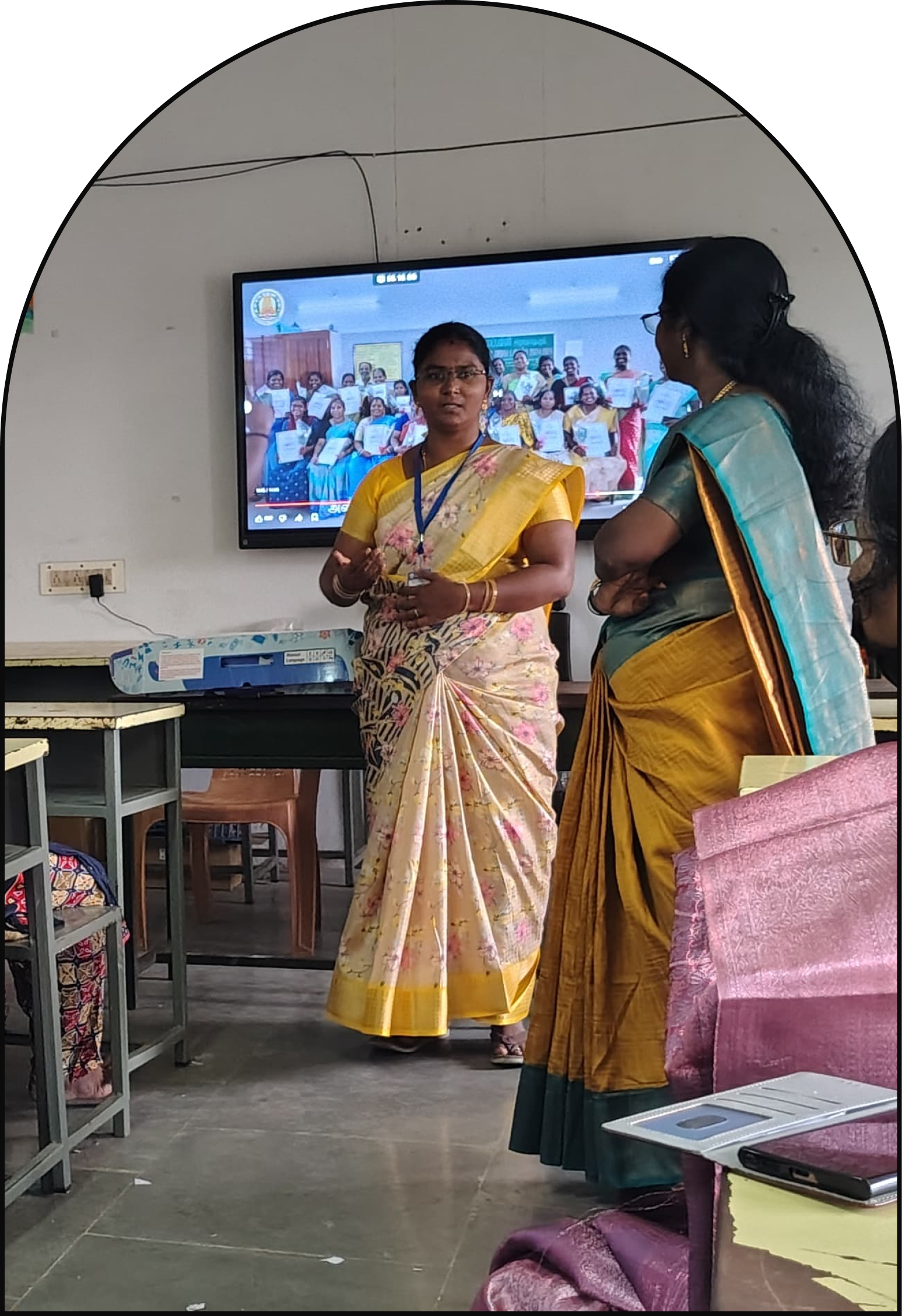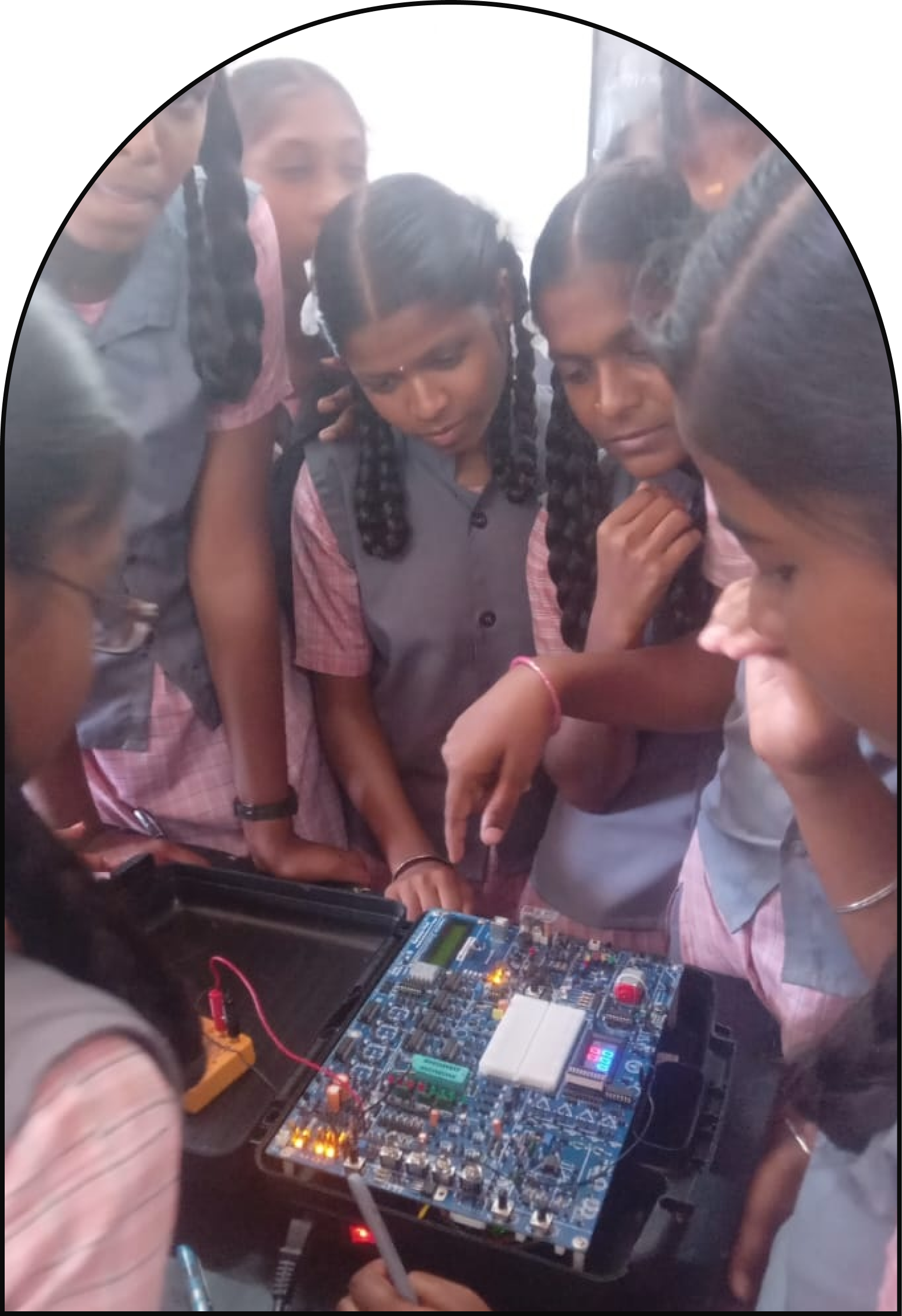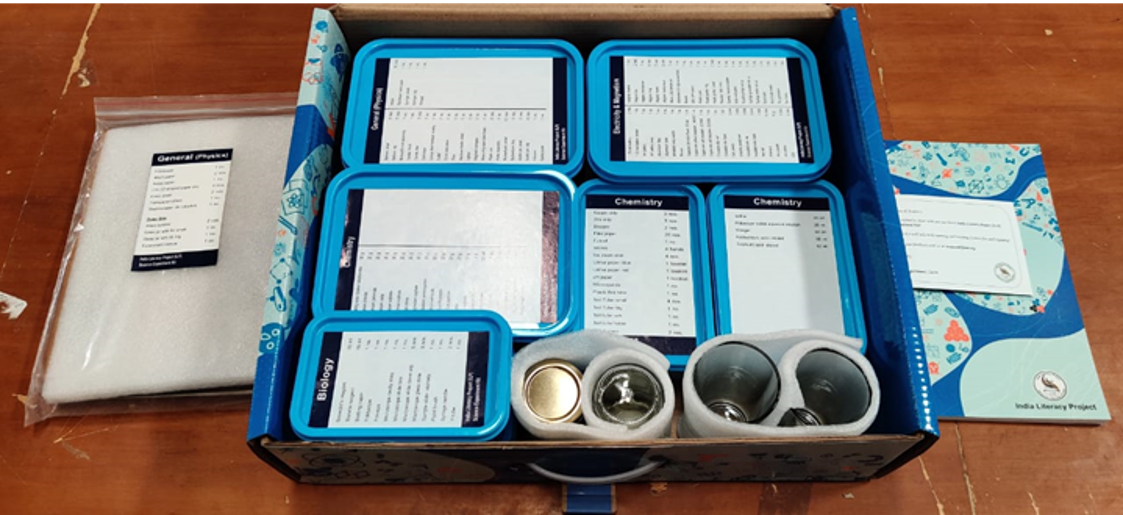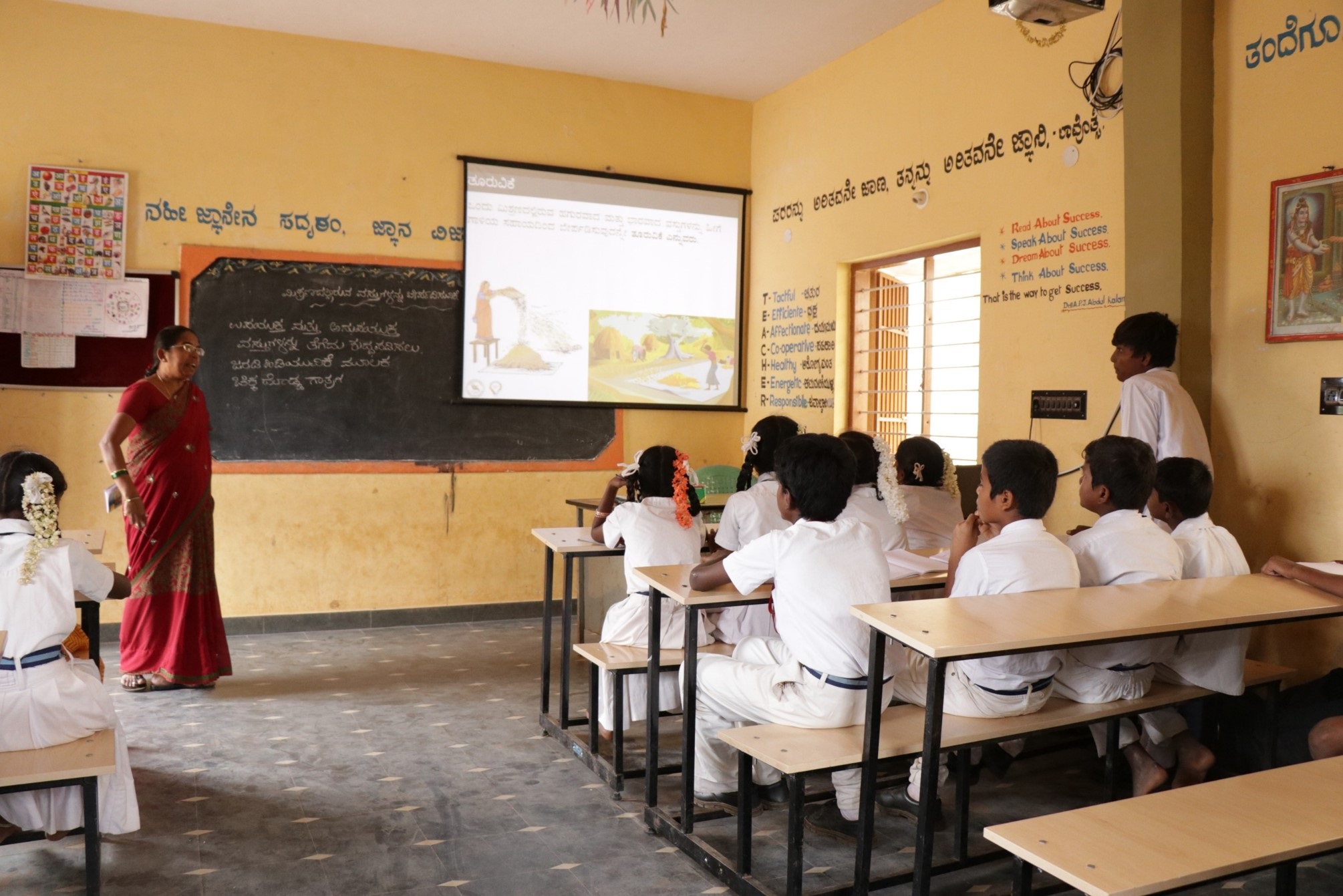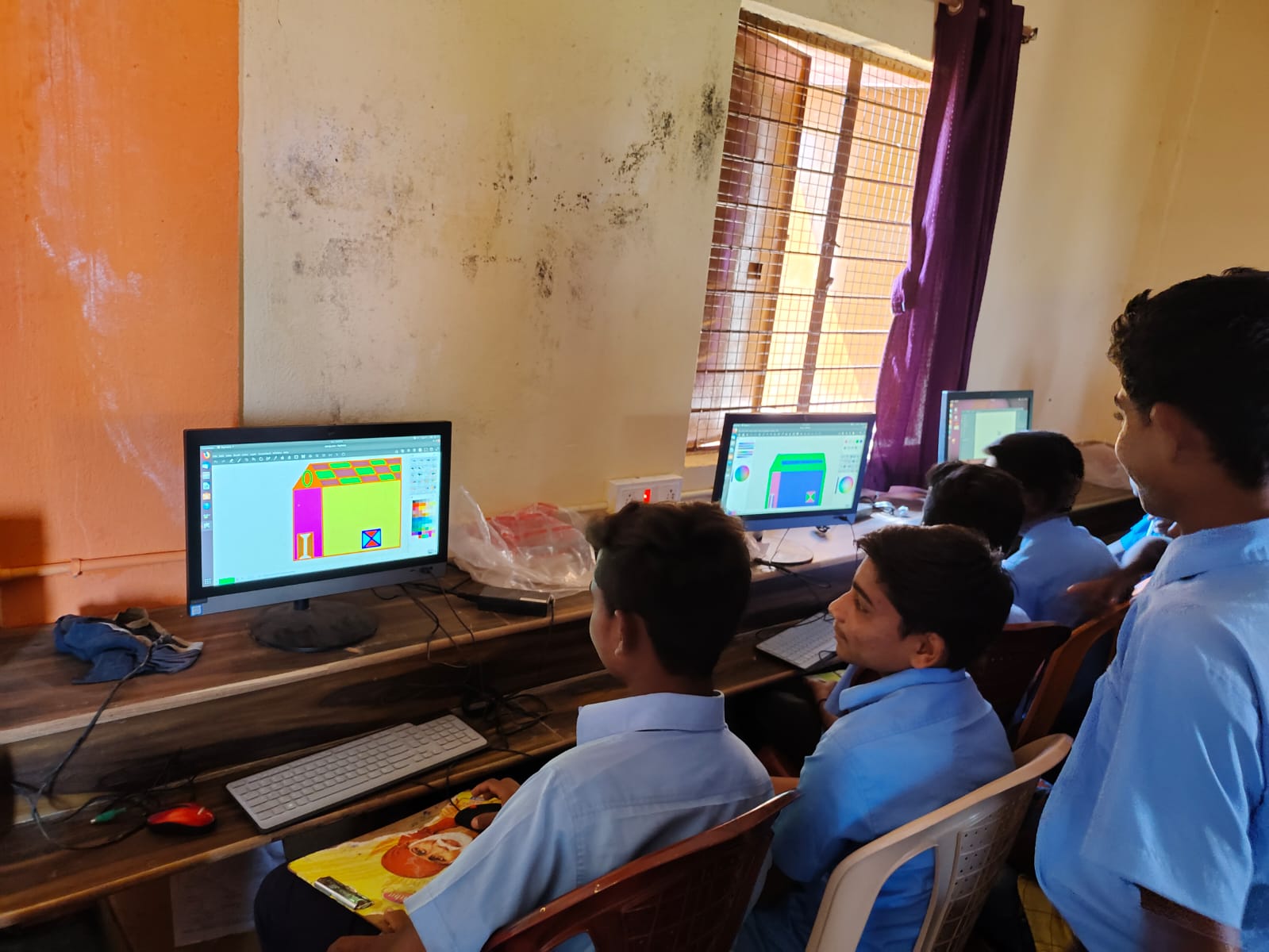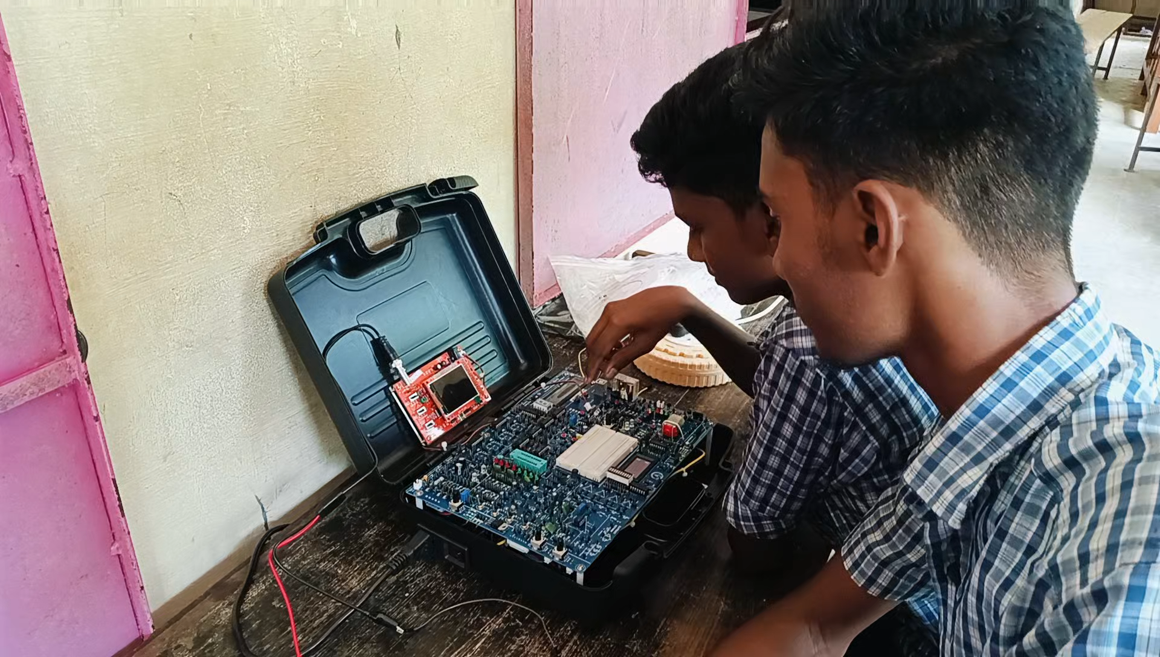We focus on the three stages of high-quality education
We focus on the three stages of high-quality education
Learning
Our learning framework “Multi- Dimensional Learning Spaces” emphasizes creating an engaged classroom where teachers and students are actively involved in learning, sharing, questioning, and experiencing content.
Impact since inception
30%
Increase in reading levels
1M+
Students learning through hands on science
200,000
Students learning through hands-on electronics
Our approach to Learning
ILP’s primary methodology for transforming learning outcomes is the Multi-Dimensional Learning Space (MDLS) approach. This framework emphasizes creating an engaged classroom where teachers and students are actively involved in learning, sharing, questioning, and experiencing content. MDLS aims to foster curiosity, make learning spontaneous, and use varied teaching and learning methods to cater to diverse student needs. A key principle of ILP’s content philosophy is that learning is a continuous process built upon a child’s existing knowledge and contextualized to their environment.
All MDLS resources are designed to be easy to use, open-source, and packaged, allowing teachers to customize them to their style and students’ current knowledge, reducing dependency on ILP over time.
The MDLS approach encompasses several key programs:
